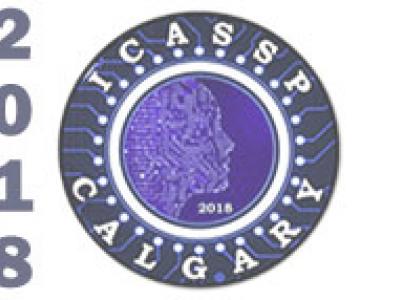Documents
Poster
ON THE IMPORTANCE OF ANALYTIC PHASE OF SPEECH SIGNALS IN SPOKEN LANGUAGE RECOGNITION

- Citation Author(s):
- Submitted by:
- Karthika Vijayan
- Last updated:
- 19 April 2018 - 9:06pm
- Document Type:
- Poster
- Document Year:
- 2018
- Event:
- Presenters:
- Haizhou Li
- Paper Code:
- 3702
- Categories:
- Log in to post comments
In this paper, we study the role of long-time analytic phase of speech
signals in spoken language recognition (SLR) and employ a set
of features termed as instantaneous frequency cepstral coefficients
(IFCC). We extract IFCC from long-time analytic phase, in an effort
to capture long range acoustic features from speech signals. These
features are used in combination with the traditional shifted delta
cepstral coefficients (SDCC) for SLR. As the SDCC are extracted
from spectral magnitude and IFCC are from analytic phase, they
characterize long-time information of speech in different ways. The
experiments conducted with NIST LRE 2017 task reveals the complementary
effects of IFCC features to SDCC and deep bottleneck
(DBN) features. The fusion of IFCC with SDCC/DBN features
delivered relative improvements of 23.23% and 16.78% in average
equal error rate over the SDCC and DBN features, respectively,
indicating the benefits of information from analytic phase in SLR.

